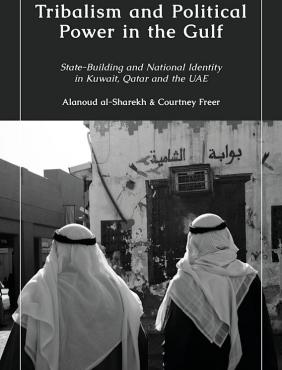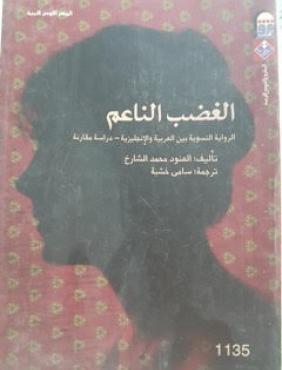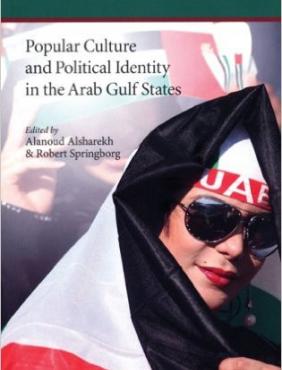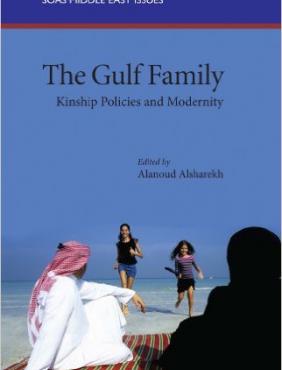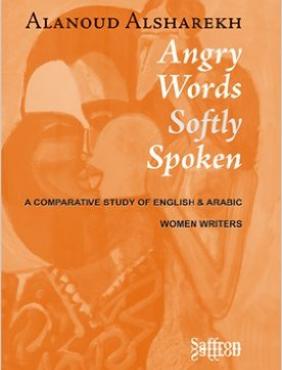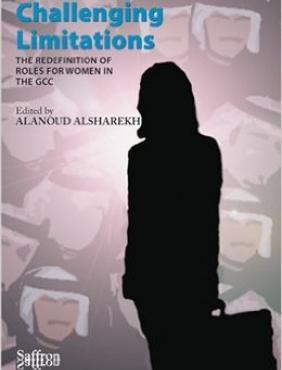Books
Tribalism and Political Power in the Gulf
Published: 2022
Gulf societies are often described as being intensely tribal. However, in discussions of state building and national identity, the role of tribalism and tribal identity is often overlooked. This book analyses the political role of tribes in Kuwait, Qatar and the UAE aiming to understand the degree to which tribes hinder or advance popular participation in government and to what extent they exert domestic political power.
The research traces the historical relationship between ruling elites and nomadic tribes, and, by constructing political histories of these states and analysing the role of tribes in domestic political life and social hierarchies, reveals how they serve as major political actors in the Gulf.
A key focus of the book is understanding the extent to which societies in the Gulf have become 're-bedouinised' in the modern era and how this has shaped these states' political processes and institutions. The book explores the roles that tribes play in the development of “progressive” citizenship regimes and policymaking today, and how they are likely to be influential in the future within rentier environments.
الغضب الناعم – الرواية النسوية بين العربية والانجليزية
Published: 2008
تتفق فكرة الغضب الناعم مع مفهوم النسوية بوصفه مفهومًا عابرًا للثقافات و13 منذ بداية القرن العشرين، و باعتباره أداة تكشف عن تطور الاتجاهات التحررية للمرأة، وهو الأمر الذى ناقشه هذا الكتاب من خلال الرؤية المقارنة لمجموعة من كاتبات الرواية فى كل من اللغتين العربية والإنجليزية؛ ليرسم بذلك خريطة لتطور الوعى النِّسوى كما يظهر فى الكتابة الروائية.
Popular Culture and Political Identity in the Arab Gulf States
Published: 2008
The Gulf States are assuming an ever more important role in the global political economy, and new cultural and political identities are emerging, both through natural processes and as a result of state design.
This book explores some of the issues raised by this dynamically developing profile of the Gulf; reflected not just in high-rise buildings and booming stock markets, but also manifested in the realms of art, ideas and expression and their relationships with political authority.
The Gulf Family: Kinship Policies and Modernity
Published: 2007
The six Arab states of the Gulf Cooperation Council (GCC) are all monarchies, but their societies, economies and politics are organised primarily through kinship - in the form of extended families and tribes. No other region in the world consists of states so traditional in their organisation, yet who are developing at rates well above global averages and are uber modern in so many ways.
The book examines the paradox of the persisting importance of family and tribe in the face of modernisation, which traditionally emphasizes the notion of the individual. It evaluates past and present roles of kinship in the GCC states, assesses the impacts of change, and speculates on likely future patterns of social, economic and political organisation.
Angry Words Softly Spoken: A Comparative Study of English and Arabic Women Writers
Published: 2006
An investigation into the concept of feminism as a cross-cultural literary device that uncovers the social development of women's emancipatory progress, as seen through the work of both English and Arab female novelists.
Drawing on many of the theories presented by the 1970's feminist critical movement, especially that of Elaine Showalter's tripartite structure, this study also suggests a new tripartite structure for the evolution of feminist consciousness in works of fiction; examining the inversion of scales between “softness” and “anger” seen in the works of such authors as Charlotte Bronte, Sarah Grand, Virginia Woolf, Layla al Othman, Nawal al Saadawi and Hanan al Shaykh.
Translated into Arabic in 2007, as “Alghathab Alna’em” ()
Challenging Limitations: The Redefinition of Roles for Women in the GCC
Published: 2005
The rapid modernisation process that the GCC has witnessed over the last sixty years has had major impact on its socio-economic core, and nowhere is there more obvious than in the reinterpretation of traditional gender roles. With women entering the labour market in ever greater numbers, their broader social positions are changing from the private to the public sphere. As they continue to undertake greater leadership responsibilities in the economic and political arenas, new challenges and difficulties are introduced - for both the women themselves and the greater GCC community
This book examines these topics as covered by the papers presented at the Challenging Limitations: Conference on the Redefinition of Roles for Women in the GCC, which took place at the London Middle East Institute (LMEI), SOAS in June, 2004.

